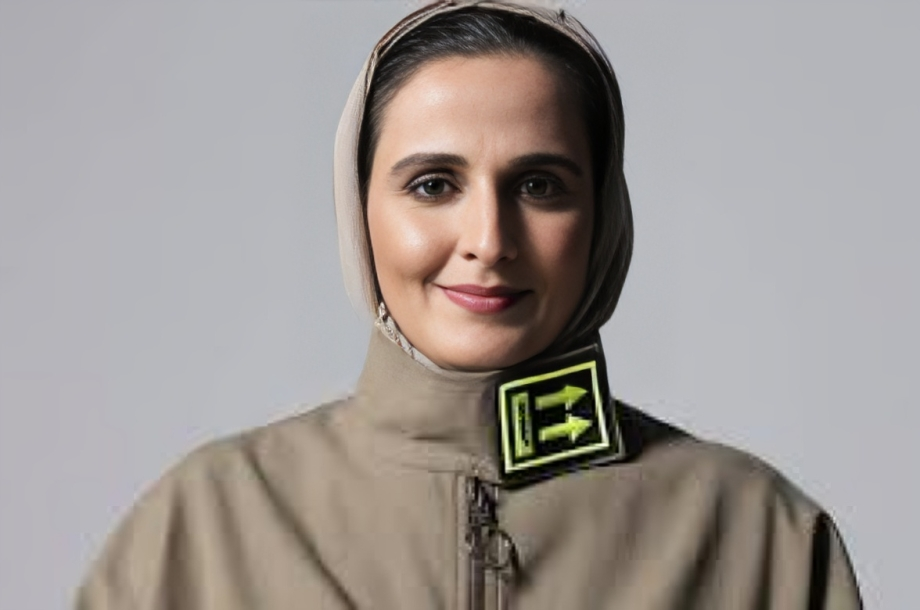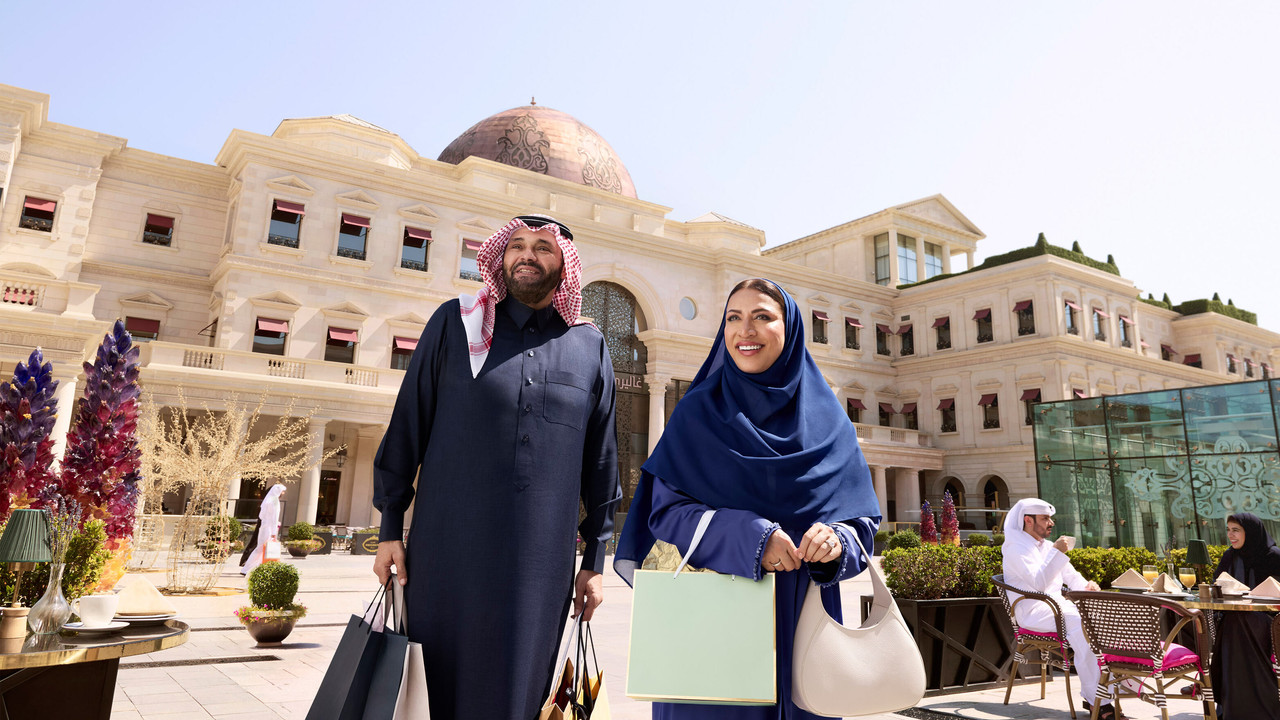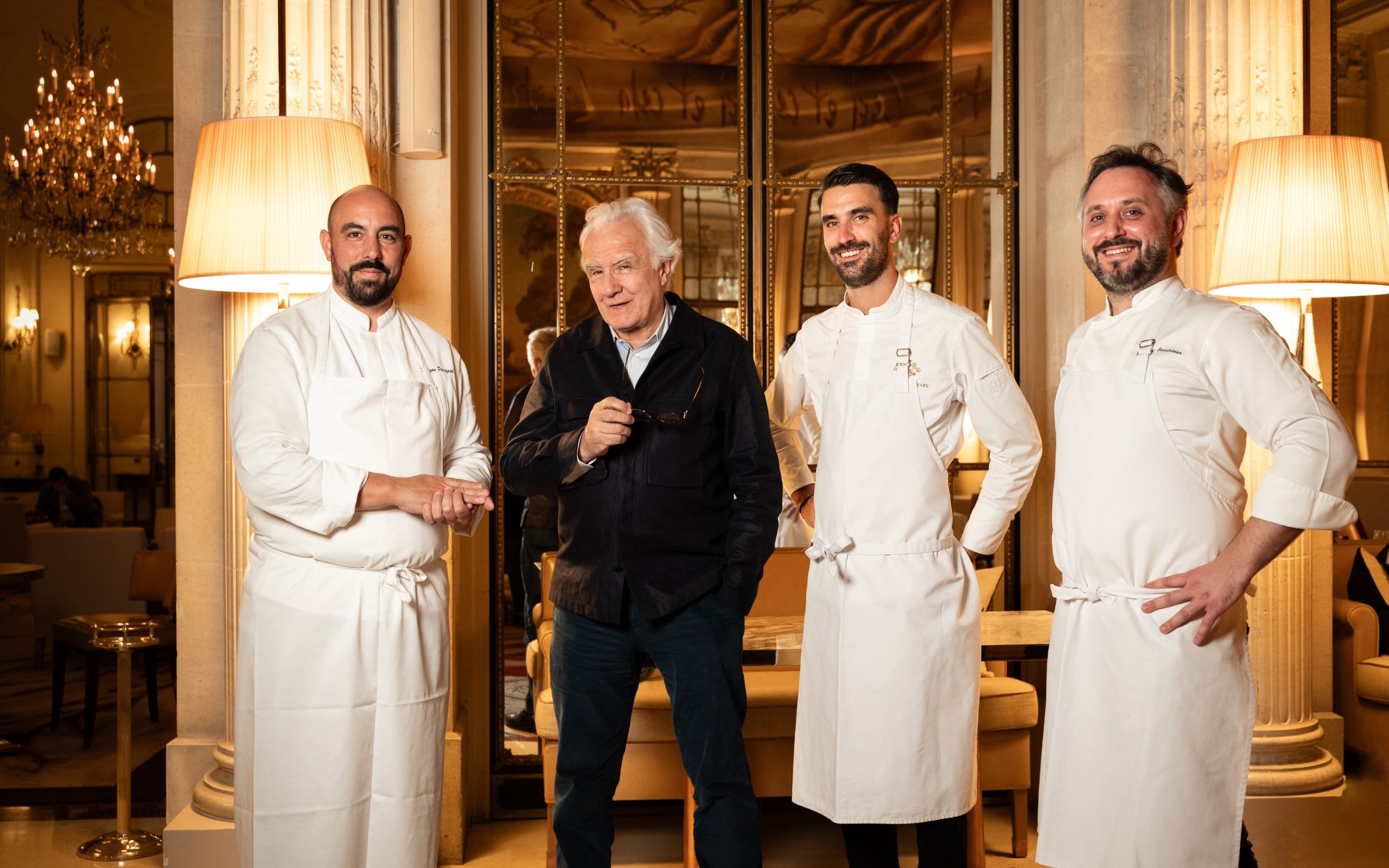Sheikha Al Mayassa bint Hamad Al Thani plans to expand Qatar’s cultural landscape through new museums over the next decade.
Sheikha Al Mayassa bint Hamad Al-Thani, the founder and Chairperson of Qatar Museums, has given an in-depth interview with Al Jazeera 360, the network’s new streaming platform, where she spoke about her personal life and her vision for expanding Qatar’s cultural landscape.
In the interview ‘The Other Side’ with presenter Ola Alfares, Sheikha Al Mayassa also reiterated Qatar’s strong commitment to the Palestinian cause.
“Qatar has a special commitment to the Palestinian cause,” she said. “While some Arab countries have shifted their stance, Qatar remains steadfast in its support. We recognise our vital role and maintain a clear, dedicated policy toward this issue.”
Sheikha Al Mayassa began the interview by speaking about her close family ties, particularly her relationship with her brother, Qatar’s Amir Sheikh Tamim bin Hamad al-Thani, with whom she shares a passion for sports.
Reflecting on her upbringing, she described her father, the previous leader of Qatar, as “a great listener and the first person I turn to for advice”.
She also expressed deep admiration for her mother Sheikha Moza, describing her as “a strong woman with steady beliefs”.
“She taught me the importance of expressing opinions and striving for change, especially when it benefits the people,” Sheikha Al Mayassa said.
As a woman from one of the Gulf states, Sheikha Al Mayassa spoke candidly about the challenges she has faced abroad, where she has frequently been stereotyped as a traditional housewife, expected to stay home and care for her family.
She challenged this misconception by emphasising her father’s unwavering support for her education and involvement in diverse activities, which helped her break free from conventional gender roles.
Expanding Qatar’s cultural identity
Looking to the future, Sheikha Al Mayassa unveiled her ambitious vision for establishing several new museums in Qatar over the next decade. These projects are designed to enrich the nation’s cultural identity, promote Arab and Islamic heritage, and support cultural sustainability.
“We want to create spaces that celebrate our identity and heritage while also fostering a dialogue with the global community,” she explained.
The Qatar Museums’ 10-year strategic plan, which aligns with Qatar National Vision 2030, includes landmark initiatives such as the Lusail Museum and the Auto Museum.
Additionally, the old Qatar Flour Mills, constructed in the late 1990s, will be converted into a museum.
Sheikha Al Mayassa noted that while Qatar currently boasts eight museums, this number is modest considering the country’s rapid growth and ambitious aspirations.
“We have a lot more work to do to reach the cultural presence we envision for Qatar,” she said.
At the end of the interview, Sheikha Al Mayassa expressed her deep satisfaction with the museum and cultural initiatives underway in Qatar and the broader region. She believes these endeavors will create a lasting legacy for future generations.
She also highlighted the invaluable support she has received throughout her journey, crediting three influential men in her life for her success.
“I owe my achievements to my father, my brother, and my husband, each of whom has played a vital role in my growth and success,” she said.







